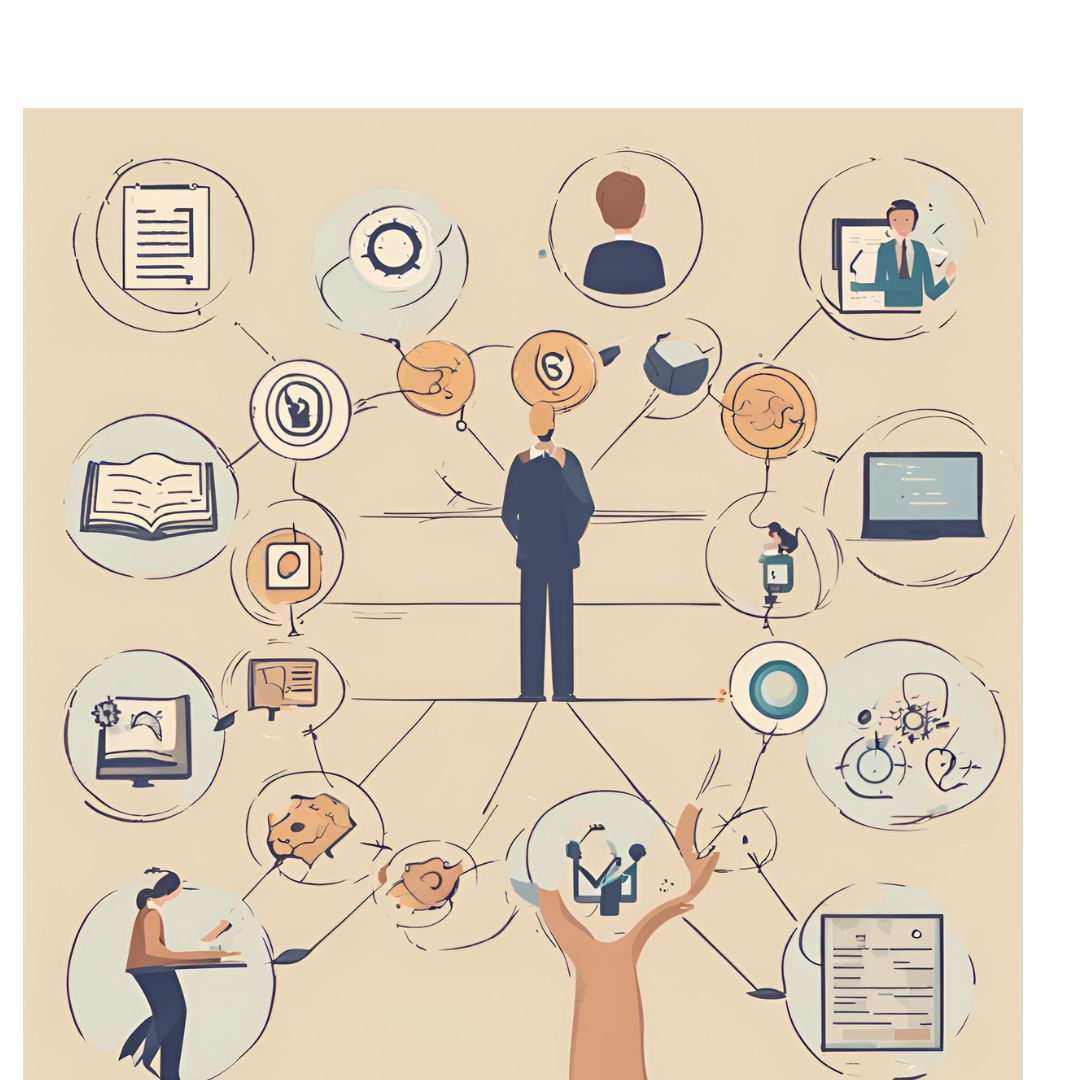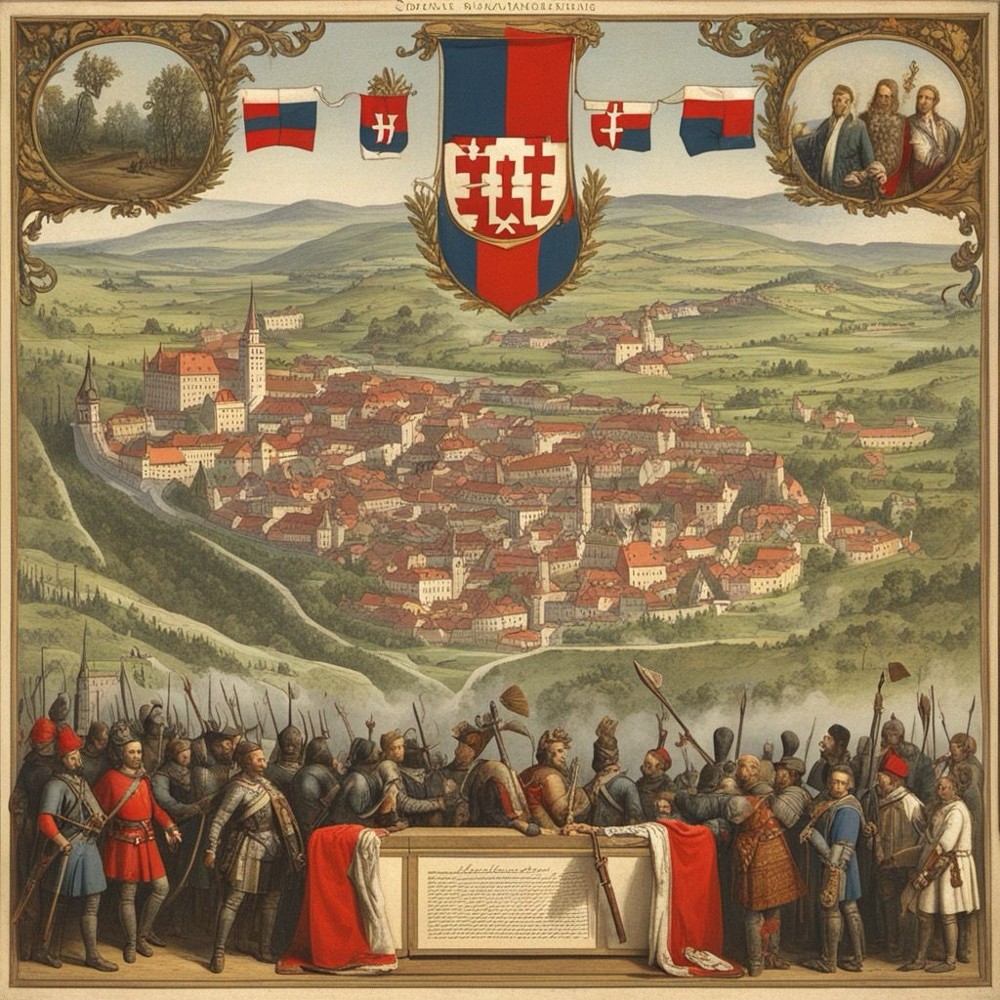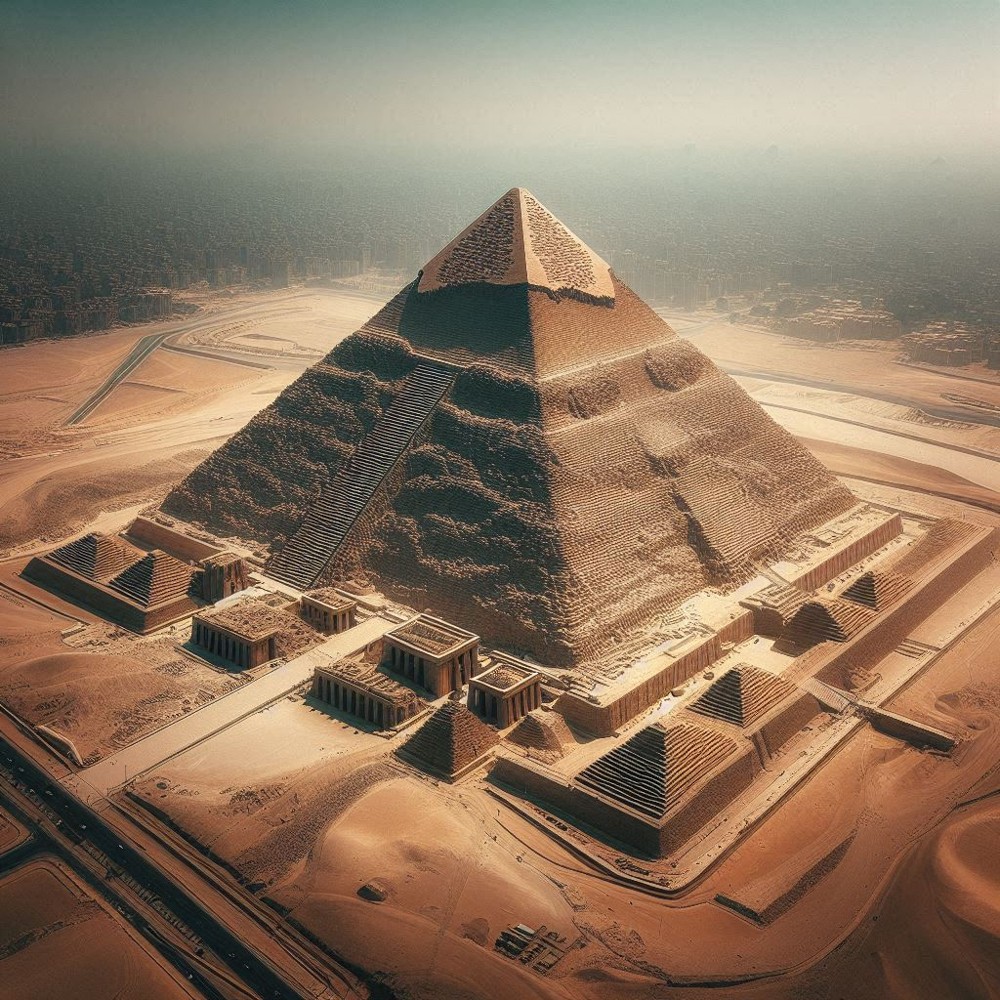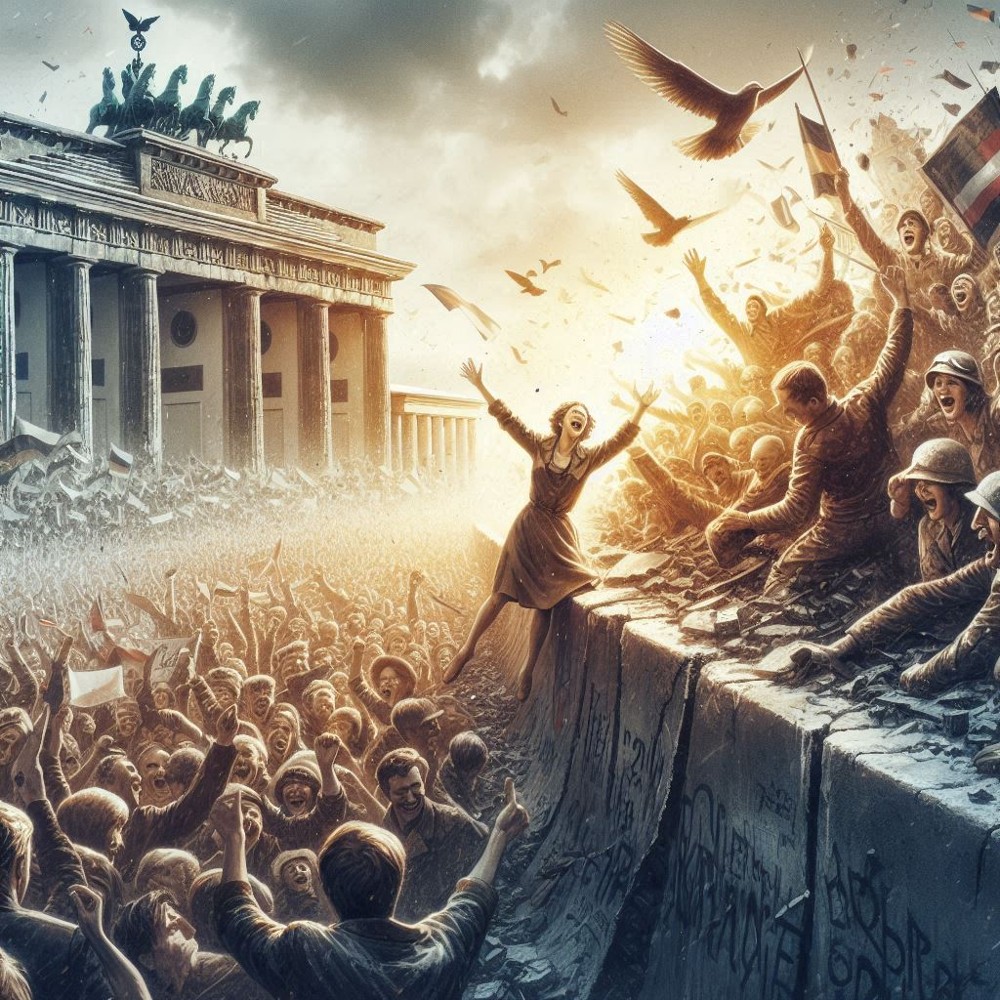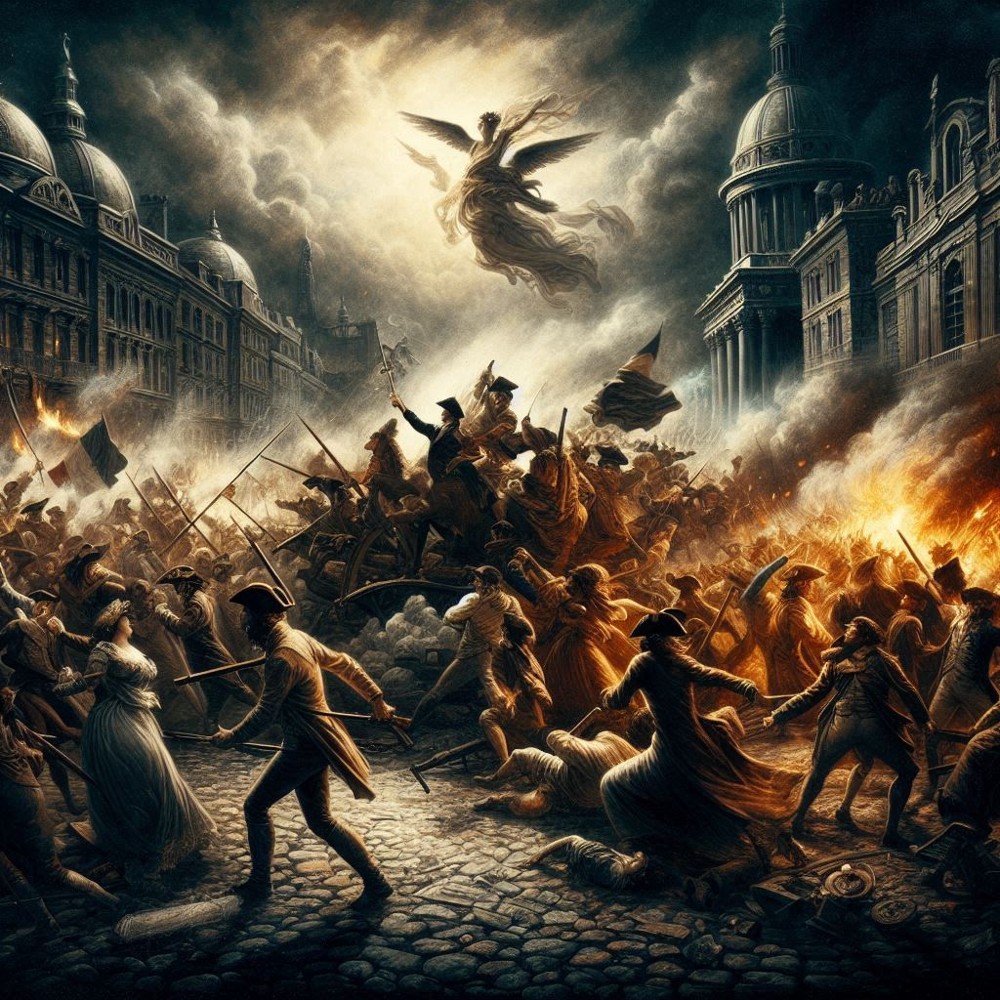One of the most striking legacies of World War II is the geopolitical landscape it left behind. The war's aftermath saw the rise of two superpowers, the United States and the Soviet Union, whose rivalry would define global politics for the next several decades. The division of Germany and the establishment of new states in Eastern Europe set the stage for the tensions that still exist between Russia and the West today. The founding of the United Nations, a direct response to the horrors of the war, sought to promote peace and prevent future conflicts, but its effectiveness has been a subject of debate ever since.
Economically, World War II left a world in ruins, with entire cities reduced to rubble and economies shattered. The United States' Marshall Plan, a massive aid program to help rebuild Europe, not only laid the foundation for the continent's economic recovery but also established America as a global economic leader. The war also accelerated technological advancements, leading to innovations that continue to shape our world, from aviation to medicine to computing.
But perhaps the most enduring legacy of World War II is its impact on human rights and justice. The atrocities committed during the war, most notably the Holocaust, led to a renewed commitment to human rights and justice on a global scale. The Nuremberg Trials, where Nazi leaders were held accountable for their crimes, set a precedent for international criminal law and established the principle that individuals could be held responsible for crimes against humanity. The Universal Declaration of Human Rights, adopted in 1948, enshrined the rights and freedoms that are now considered fundamental to human dignity and equality.
World War II also brought about profound cultural and social changes. The war challenged traditional gender roles, racial attitudes, and national identities, paving the way for movements for civil rights and decolonization in the years that followed. The war's cultural impact is also undeniable, inspiring a wealth of literature, art, and film that continue to resonate with audiences around the world.
As we reflect on the legacy of World War II, we are reminded that the past is not just a series of events that happened long ago, but a living force that continues to shape our world today. The lessons of World War II - the importance of peace, the value of human rights, the need for justice - are as relevant now as they were then. It is up to us to heed those lessons, to honor the sacrifices of those who came before us, and to build a future that reflects the best of what we have learned from the past.




